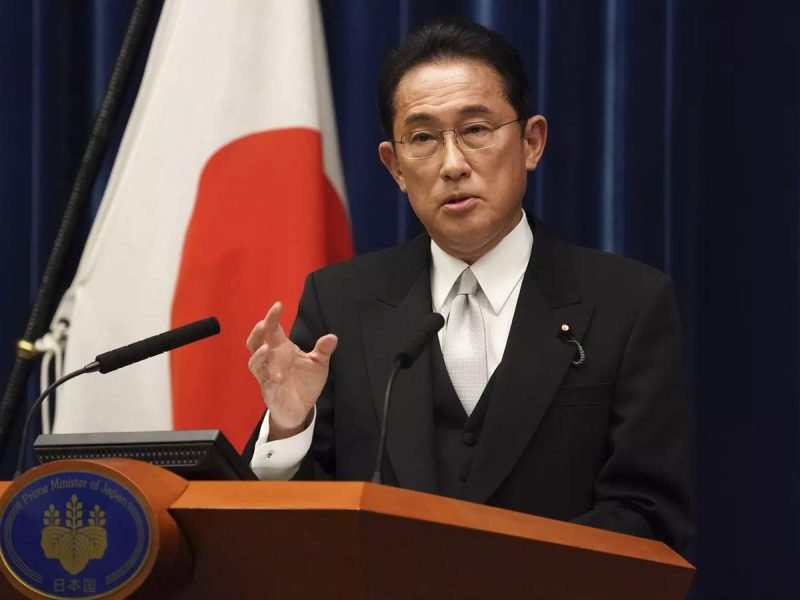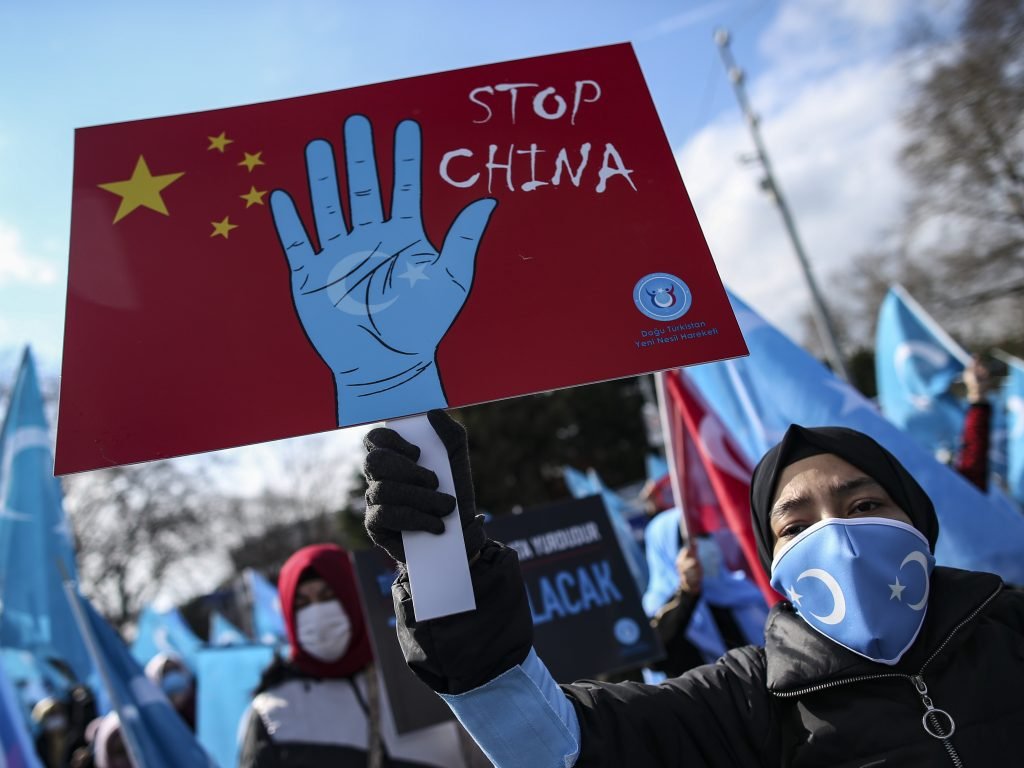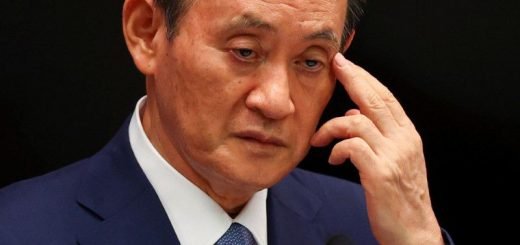Japan strengthening up defence amid threats from China, Russia and North Korea

As security threats from China, Russia and North Korea are rising, Japanese Prime Minister Fumio Kishida vowed to strengthen the country’s defence capabilities by considering all options. Kishida said, “I will consider all options, including possessing so-called enemy base strike capability, to pursue strengthening of defence power that is necessary, Kishida said in an address to hundreds of Ground Self-Defense Force members in olive-coloured helmets and uniforms.”
With North Korea is continuing to test-fire ballistic missiles while developing its capabilities, and China is pursuing a military buildup and increasingly assertive activities in the region, Kishida said the security situation around Japan is swiftly changing and the reality is more grave than ever. Things that used to only happen in science-fiction novels are now a reality, according to Kishida. He stated that his government will facilitate calm and reasonable dialogues to decide what is required to safeguard people’s lives and earn their understanding.
The Japanese Prime Minister expressed alarm over North Korea’s rapid development of missile technology and China’s military expansion while speaking to the Ground Self-Defense Force (GSDF). The Japanese Prime Minister also referred to China’s move to increase its military capability without maintaining adequate transparency. “China continues to strengthen its military without sufficient transparency and is making “unilateral attempts to change the status quo,” Kishida said.
Earlier, during his speech at a virtual gathering of leaders from approximately 50 Asian and European countries on Friday, Kishida expressed deep concern over human rights issues in China.

On the fringes of the two-day conference, Kishida expressed concern over the human rights situation in Hong Kong and the Xinjiang area of northern China, according to Kyodo News.
Surveillance, intimidation, and harassment of members of the Uyghur Muslim minority community at concentration camps in China’s Xinjiang region have been documented in recent days.
He stated that when Japan reviews its foreign and security policies, all alternatives will be considered, including the possibility of equipping the Self-Defense Forces with the power to strike hostile enemy bases.
Kishida has switched from a dovish to a hawkish posture, ostensibly to appease prominent members of his governing party, including former Prime Minister Shinzo Abe, and to consolidate his position. He now calls for increased military capacity and spending in Japan.
On Friday, Kishida’s Cabinet authorised a 770 billion yen (USD 6.8 billion) request for an additional defence budget through March to speed the procurement of missiles, anti-submarine rockets, and other weapons amid growing worry over China, Russia, and North Korea’s military activities.
The request, which is still awaiting parliamentary approval, would increase Japan’s military spending for the current fiscal year to a new high of over 6.1 trillion yen (USD 53.2 billion), up 15% from 5.31 trillion yen in 2020. In 2021, the combined budget will be barely over 1% of Japan’s GDP.
Kishida has stated that to deal with the growing security situation, Japan’s military spending could be doubled. Critics also argue that Japan, as the world’s fastest-ageing country with a declining population, should spend more on health care and other social services.


















